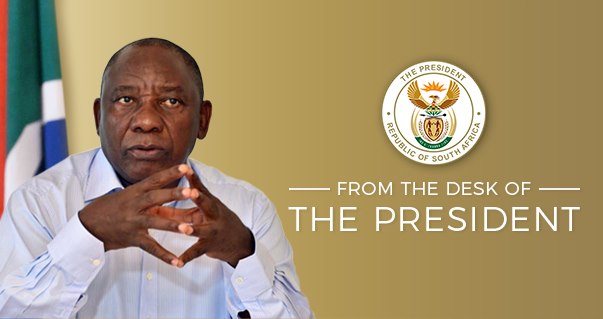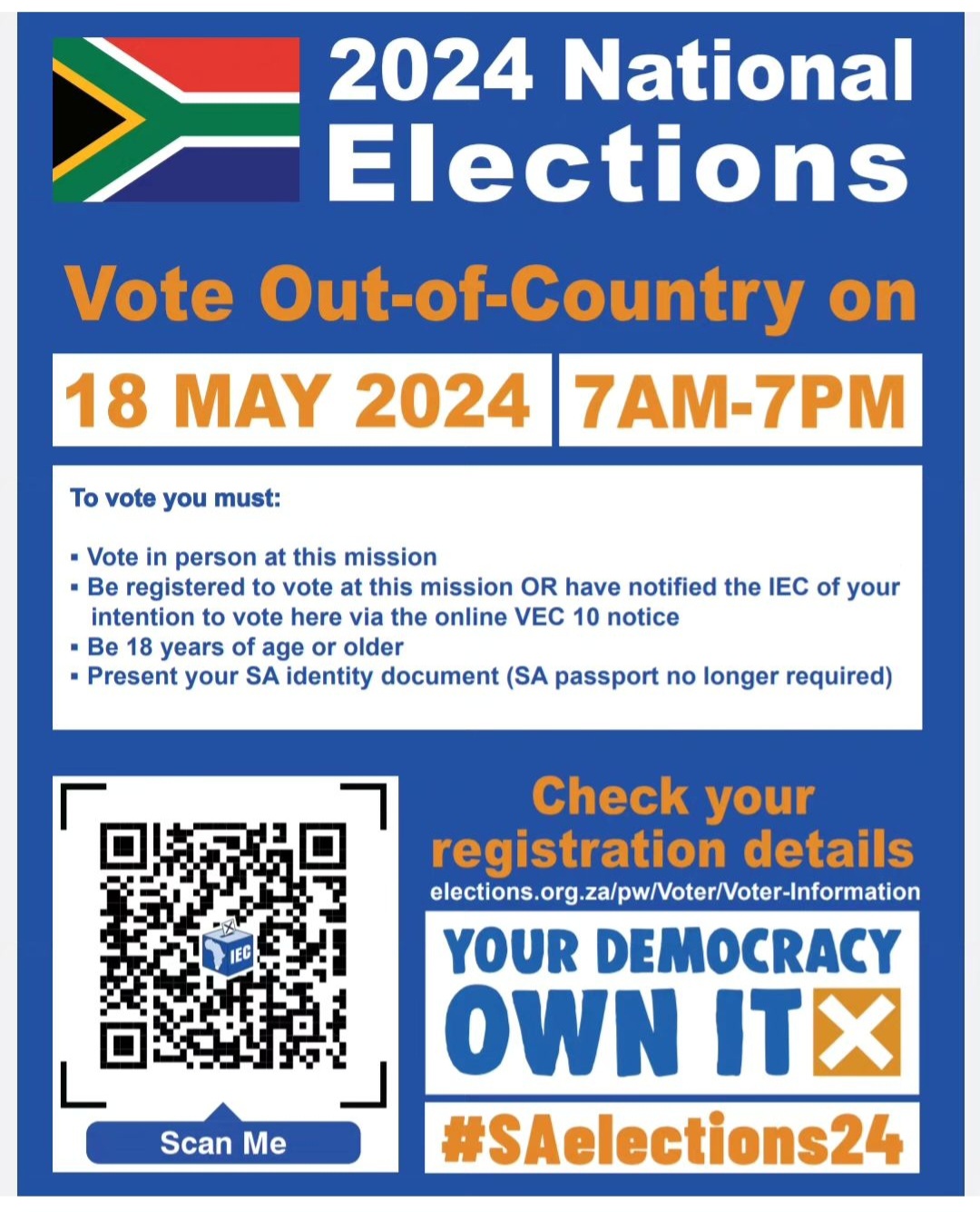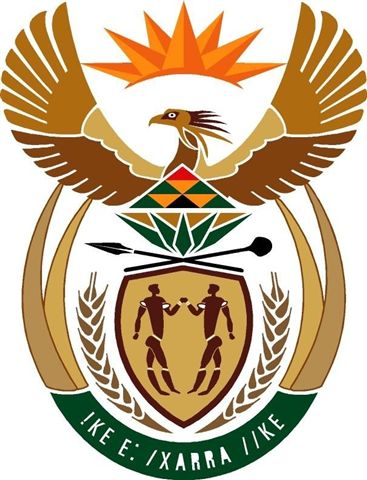FROM THE DESK OF THE PRESIDENT - 13 MAY 2024

Reduced load shedding shows that our collective efforts are working
Dear Fellow South African,
As of today, the country will have had no load shedding for over a month and a half. This welcome development shows that the Energy Action Plan we announced in 2022 is working.
It is too early to say that load shedding has been brought to an end. However, the sustained improvement in the performance of Eskom’s power stations – as well as the new generation capacity we have added to our energy system – gives us hope that the end of load shedding is in sight.
A renewed focus by Eskom on maintenance and the return to service of several units is now showing results. Losses due to unplanned outages have reduced by 9% between April 2023 and March 2024, adding the equivalent of 4,400MW of capacity to our national grid.
Better maintained and more reliable power stations have increased the country’s Energy Availability Factor (EAF), which is the amount of electricity available from our power stations at any given time. The EAF has been above 60% since April, compared to 53% over the same period last year.
Through dedicated support from our law enforcement agencies and the National Prosecuting Authority, great strides are being made in rooting out corruption at Eskom. Work is continuing in disrupting criminal syndicates and protecting our power stations from sabotage.
The leadership, management and staff of Eskom, particularly the power station general managers and their teams, are to be commended for their efforts. The work of the National Energy Crisis Committee, which coordinates the response across government, has also been vital. The strong partnership with business and the support of other social partners has enabled the deployment of valuable resources and expertise.
The stabilisation in the availability of electricity and reduction in breakdowns signal a real trend in improved plant performance.
Yet, against all the available evidence, some people have claimed that the reduced load shedding is a political ploy ahead of the elections. Some have speculated that there is less load shedding because Eskom is using the diesel-fuelled peaking plants to ‘keep the lights on’ in the run-up to the elections.
This is not borne out by the facts. Eskom is actually using these peaking plants at a much lower rate than the last two years. For example, last month Eskom spent more than half as much on diesel as it did in April 2023.
Another key factor driving the reduction in load shedding is our success in adding new generation capacity, mostly from renewable energy sources.
Removing the licensing threshold for new power generation projects has led to significant private investment in the energy sector. There is now a pipeline of more than 130 private energy projects, representing over 22,500 MW of new capacity, some of which are already starting to connect to the grid.
As a result of the tax incentives and financing options we introduced for businesses and households, by November last year the capacity of rooftop solar had reached over 5,000MW, more than doubling in just twelve months. This has helped to alleviate pressure on the national grid.
More bid windows have been released for new capacity from solar, wind, gas and battery storage, with more than 10,000 MW currently in procurement through public programmes.
Load shedding has been reduced due to a combination of all of these measures: fixing Eskom, unlocking private investment in energy generation, accelerating the procurement of new capacity and supporting rooftop solar.
While we have made progress in addressing the current crisis, we have also put our country on a clear path towards a reliable, affordable and sustainable supply of energy. We have embarked on fundamental reforms to the energy sector that will ensure we don’t experience load shedding in the future.
The Electricity Regulation Amendment Bill, which we tabled in Parliament last year, will establish a competitive energy market in South Africa for the first time. This will encourage investment and bring down electricity prices. We are also expanding our transmission network to accommodate renewable energy in provinces like the Northern Cape, with a plan to build over 14,000 km of new transmission lines across the country.
Just as we note this progress, we must be clear that we are not out of the woods yet. The risk of load shedding remains. We must therefore all continue to play our part by using electricity sparingly and paying for the electricity that we use.
What we can say for sure is that our plan is working. We are determined to stay the course and to continue this work until the energy crisis is brought to an end once and for all.
With best regards,





